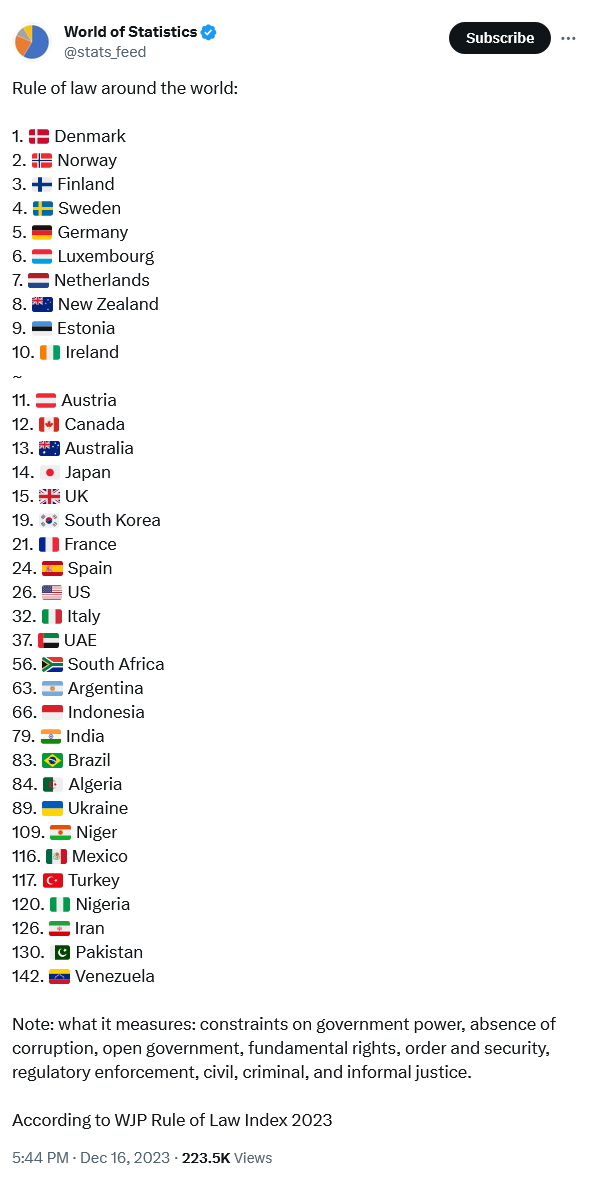In the labyrinth of policy-making, where the intricacies of governance often blur the lines between reform and rhetoric, the recent move by the Cabinet Committee on Energy to approve an independent multiplayer market for power purchase stands as a striking proposition. This decision, hailed by some as a revolutionary step toward the liberation of Pakistan’s energy market, may, to the discerning eye, seem more like a sophisticated illusion. The Independent System and Market Operator (ISMO) promises much – transparency, competition, and a gradual erosion of the government’s role as the sole purchaser of electricity. Yet, the deeper one probes into the philosophy behind such measures, the more one begins to question whether this is a genuine shift or simply another veil masking the deeper, unresolved challenges of the power sector.
Governments often couch their policies in terms that resonate with the ideals of progress and reform, and in this instance, the language used is no exception. Terms such as "independent," "multiplayer," and "competitive" invoke the idea of a free market utopia where consumers are empowered, choices are plentiful, and prices are driven down by the forces of supply and demand. But the reality of Pakistan’s energy landscape is far more complex and far less conducive to such lofty ideals. The circular debt crisis, the corruption embedded within distribution companies, the chronic inefficiencies, and the monopolistic tendencies of large energy players all present formidable barriers to the success of ISMO.
The creation of ISMO is aimed at dismantling the government's role as the sole buyer of electricity, a role that has long been criticized for its inefficiencies and financial burdens. Circular debt, a term that has become almost synonymous with Pakistan’s energy sector woes, is a direct consequence of this centralized system. But one must ask whether simply opening up the market to multiple players will truly resolve the structural problems that give rise to this debt. Will the ISMO, with all its promise of competition, transparency, and efficiency, have the teeth to tackle the deep-rooted issues that plague the sector? Or will it merely serve as another layer of bureaucracy, obscuring the real challenges?
The circular debt issue is not one that can be waved away with the creation of a new market structure. It is the result of years of poor planning, mismanagement, and systemic corruption. Power distribution companies have long been accused of inefficiencies, theft, and collusion with powerful entities that benefit from the status quo. Without addressing these fundamental problems, any attempt to reform the market will likely falter. The introduction of ISMO may change the players, but it will not necessarily change the game. And therein lies the crux of the matter – the illusion of reform without the substance.
The ISMO is also being touted as a means of allowing consumers to purchase electricity from suppliers other than the government-run distribution companies. On the surface, this sounds like a positive development, one that would increase competition and drive down prices. But in practice, how feasible is this for the average consumer? The infrastructure required to facilitate such a system is immense, and there is little evidence to suggest that Pakistan is in a position to implement it effectively. Moreover, without strong regulatory oversight, there is a very real risk that the market could become dominated by a few powerful players, creating a new form of monopoly rather than fostering true competition.
It is also worth noting that the idea of a multiplayer market is not a new one. Many countries have experimented with liberalizing their energy markets, with mixed results. In some cases, competition has indeed led to lower prices and improved services. But in others, it has resulted in price hikes, market manipulation, and a deterioration in service quality. The success of such markets depends on a range of factors, including the strength of regulatory institutions, the level of competition, and the overall health of the economy. In Pakistan’s case, these factors do not inspire confidence. The regulatory bodies responsible for overseeing the energy sector have long been criticized for their lack of independence and effectiveness. Corruption, political interference, and bureaucratic inefficiencies are rife, and there is little reason to believe that these issues will disappear with the introduction of ISMO.
Furthermore, the promise of lower power prices through ISMO is a seductive one, but it is unlikely to materialize in the short term. Pakistan’s energy sector is heavily reliant on imported fuel, and global fluctuations in fuel prices will continue to have a significant impact on electricity costs. The introduction of a multiplayer market may provide some relief in the form of increased competition, but it will not be enough to offset the structural problems that drive up costs. Moreover, the government's own policies on energy subsidies and tariffs will continue to distort the market, making it difficult for ISMO to achieve its stated goals.
Another aspect of the ISMO proposal that warrants scrutiny is its long-term planning for the production of low-cost electricity. While this is a commendable goal, it is important to recognize that long-term planning has never been a strong suit of Pakistan’s energy sector. Successive governments have made grand promises of reform, but these promises have rarely translated into meaningful action. The introduction of ISMO may be yet another example of this trend – a well-intentioned policy that ultimately fails to deliver on its promises.
The issue of renewable energy is also conspicuously absent from much of the discourse surrounding ISMO. In an era where the world is increasingly turning to renewable sources of energy, Pakistan remains heavily reliant on fossil fuels. The introduction of ISMO could provide an opportunity to shift the country’s energy mix toward more sustainable sources, but there is little indication that this is a priority. Without a concerted effort to invest in renewable energy infrastructure, Pakistan will continue to be vulnerable to the volatility of global fuel markets, and the long-term goal of producing low-cost electricity will remain elusive.
In light of these concerns, it is important to approach the ISMO proposal with a healthy dose of skepticism. While the idea of an independent multiplayer market for power purchase is an attractive one, it is unlikely to solve the deep-rooted problems that have long plagued Pakistan’s energy sector. The circular debt crisis, the inefficiencies of the distribution companies, the reliance on imported fuel, and the lack of investment in renewable energy are all issues that will need to be addressed if ISMO is to have any chance of success. Without meaningful reforms in these areas, the ISMO will likely be little more than an illusion – a policy designed to placate the public without delivering real change.
It is also worth considering the broader context in which this policy has been introduced. The government of Pakistan has long been criticized for its inability to effectively manage the energy sector, and the introduction of ISMO may be seen as an attempt to deflect attention from its own failings. By shifting responsibility to the private sector, the government can avoid some of the political fallout from its mismanagement of the energy crisis. But this shift in responsibility does not absolve the government of its duty to provide reliable, affordable electricity to its citizens. If ISMO fails to deliver, the blame will inevitably fall back on the government.
In conclusion, while the approval of ISMO by the Cabinet Committee on Energy represents a significant policy shift, it is unlikely to bring about the transformative change that Pakistan’s energy sector so desperately needs. The problems facing the sector are deep and structural, and they cannot be solved with the creation of a new market structure alone. Without meaningful reforms to address the circular debt crisis, improve the efficiency of the distribution companies, reduce reliance on imported fuel, and invest in renewable energy, ISMO will likely be another in a long line of failed policies. As consumers and citizens, we must remain vigilant and hold our government accountable for delivering real change, rather than being swayed by the illusion of reform.
Author:
Syed Salman Mehdi
LinkedIn
Email: salmanmehdi128@gmail.com
For more details on the latest decision, you can read the full news article here: Cabinet Approves Independent Multiplayer Market for Power Purchase.












